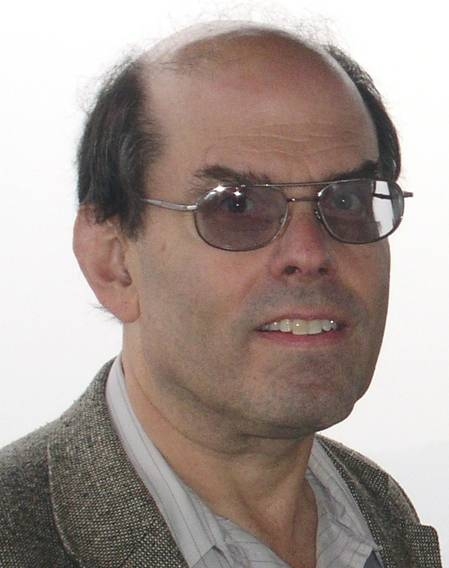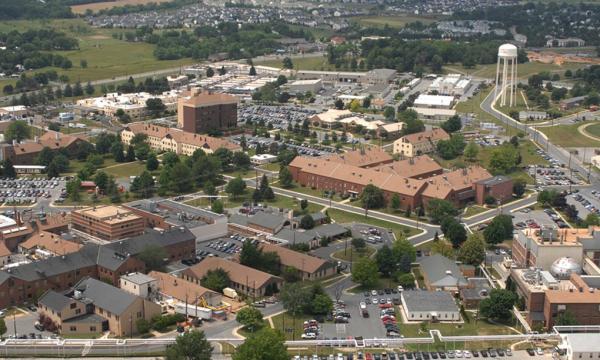10 Questions with NIH Senior Investigator Howard Young

Highly talented scientists underlie the innovative biomedical research conducted at the NIH IRP. I asked one of them, Dr. Howard Young, Senior Investigator in the Cancer and Inflammation Program at the National Cancer Institute’s (NCI) Frederick, Maryland, campus, about how the environment of opportunity, access to resources, and proximity to cutting-edge science influences his work.
Question: What area of research do you work in?
Answer: Immunology, how chronic interferon-gamma impacts immune system development and function
Q: How long have you been working at the NIH?
A: 36 years
Q: How would you describe the work culture at NIH?
A: Very collaborative. Everyone is here to help one another. The expertise here is so broad that one can get help in any aspect of research.
Q: How does working for the NIH differ from other positions you’ve held?
A: In truth I have only had one other position and that was Head of Technical Services at a company that made biomedical research tools (Bethesda Research Labs). There I learned that helping the customer was essential for survival of the company. I carried that attitude with me when I came back to NIH (I had been a fellow and staff scientist at NCI before joining the company) and found that working with others at the NIH really built the sense of community that makes the NIH different.
Q: What kind of opportunities would young scientists find at the NIH?
A: The sense of community, the sense that they are not alone and can get help from the entire NIH community. They can also contribute to the broader community by becoming involved with NIH interest groups or organizing meetings that can be held in Bethesda or Frederick.
Q: What is the best advice you could give to young fellows considering a federal scientific fellowship?
A: Pick a lab whose work you are excited about but that also provides real time interactions with the Principal Investigator (PI). You want to look forward to going into the lab on a rainy Monday morning so the work should be the predominant driver of your fellowship. Also, join the NIH scientific community by being a participant, not just an observer, in seminars, symposia and interest group events.
Q: How has intramural NCI research changed throughout your time here?
A: Certainly budget cuts have caused a reduction in the number of fellows in labs. On the positive side, I believe the NIH community is more collaborative than ever. This is evident in the immunology community where there are many people who immediately respond to requests for input on experimental approaches, reagents or technical advice. In addition, there is even stronger interest in crossing institute boundaries in order to collaborate, communicate, and cooperate.
Q: What qualities/features of the NIH make your research possible? OR How has the NIH helped advance your career?
A: The NIH has given me the freedom to pursue those areas of research that most interest me. This has led me to effectively interact with an international scientific society that was focused on similar interests. I became President of that society (now the International Cytokine and Interferon Society), and that led to interactions with scientists from around the world, as I have tried to attend the annual meeting almost every year. Furthermore by my asking a very basic research question, I believe we have discovered new insight into at least two diseases. This was not the intent of my original basic research question but evolved because we were able to ask that question. I do not know if I would have received adequate funding in academia for proposing a grant on that basic research question.

NIH National Cancer Institute at Frederick campus
Q: How is scientific research changing? What will this mean for future researchers?
A: It is getting much harder to publish papers, especially in the most prestigious journals. Too much data and too many revisions are required. Also the time frame to research independence is now too long and discouraging to young people who want to have a career doing research. Attempts are now being made by the NIH to support scientists earlier in their careers and I am very hopeful that such approaches will succeed and be expanded.
Q: What is the most rewarding part of your job?
A: The feeling that I have contributed to the common good, even if only as a small piece of the large puzzle, and that some of my efforts for the community have improved the scientific environment in both Frederick and Bethesda.
Related Blog Posts
This page was last updated on Wednesday, July 5, 2023
